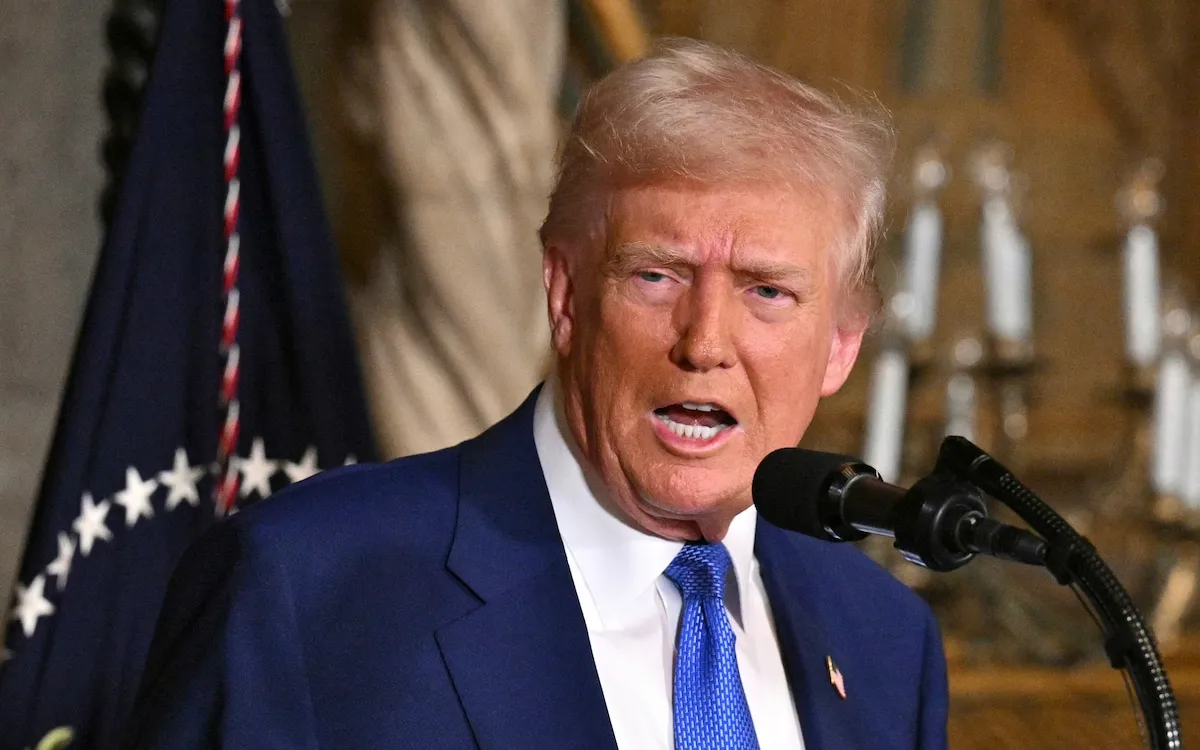
In recent discussions surrounding the legal profession, many Americans hold a belief that lawyers, who swear an oath to uphold the Constitution and act with integrity, will be the guardians of U.S. democracy. However, this perception may need reevaluation. While there are certainly notable figures in the legal field, such as Marc Elias, a prominent attorney who has successfully challenged the Trump administration, the overall response from the legal community has raised concerns about its commitment to democratic principles.
Marc Elias has gained recognition for his staunch opposition to the Trump administration, winning numerous legal battles that have earned him both praise and notoriety. His victories have been so impactful that a Fox News anchor suggested the GOP might resort to bribing him. Elias has been instrumental in defeating Donald Trump’s legal team, which included high-profile attorneys like Rudy Giuliani and Sidney Powell, in a series of 60 election-related cases. However, the subsequent admissions of guilt by many of those attorneys underscore the complexities of the current legal landscape.
Recent events have illustrated a troubling trend among lawyers that highlights a blend of cowardice and greed. In a leaked email from Paul Weiss chairman Brad Karp, it was revealed that the firm entered into a settlement with Trump after he issued an executive order targeting the firm due to its clients. Karp described the situation as an unprecedented threat, emphasizing that the executive order posed an existential crisis for the firm, unlike anything faced since its establishment in 1875.
Karp's email detailed the executive order's potential consequences, which included threats to clients’ government contracts and access to federal services. He expressed disappointment that the legal industry did not rally in support of Paul Weiss, especially following similar executive orders aimed at other firms. Instead of solidarity, some competing firms sought to capitalize on Paul Weiss’s vulnerabilities by aggressively soliciting its clients and recruiting its attorneys.
Legal analyst Lisa Rubin has publicly challenged Karp’s assertions, suggesting that the memo was crafted for public relations rather than as a genuine reflection of the firm’s circumstances. She highlighted that Paul Weiss did not offer support to other firms targeted by Trump until they found themselves in a precarious situation. This raises a critical question about the legal profession's priorities: where does the duty to wealthy partners end, and the commitment to democracy begin?
In a bid to mitigate the fallout from Trump’s executive order, Paul Weiss committed to $40 million in pro-bono work over the next four years. This initiative will focus on assisting veterans, combating anti-Semitism, and promoting fairness within the justice system. Karp emphasized that Trump would not dictate the firm’s client or case selection, asserting the firm’s autonomy in its legal endeavors.
The events surrounding Paul Weiss and its response to Trump's executive order expose significant flaws within the legal community. The willingness of some law firms to exploit the vulnerabilities of others for their own gain raises critical concerns about the integrity and responsibility of the legal profession. As the discussion around democracy and the rule of law continues, the actions of lawyers and law firms will undeniably play a pivotal role in shaping the future of U.S. democracy.